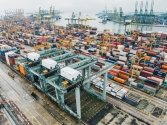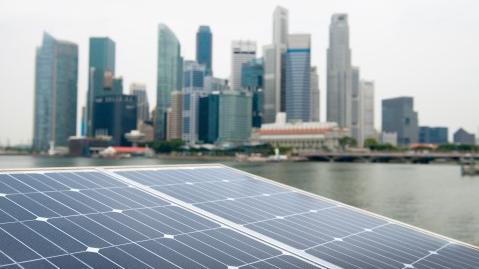
Will funding woes dim Singapore’s solar power prospects?
Banks are not keen to lend to smaller players.
If Singapore's solar power dreams don't push through, its banks have some explaining to do. Singapore is aggressively ramping up its solar energy capacity, but inadequate access to funding for solar generation companies might prove to be a significant roadblock for the city-state’s renewable energy agenda.
“The main challenge for solar financing in Singapore is the familiarity of some financial institutions to the solar PV renewable business model and that unfamiliarity tends to heighten the risk aversion and lessen competitive financing terms,” said Camillus Yang, vice president, corporate development and finance at Sunseap, a local clean energy provider.
Jacqueline Tao, energy analyst at the Energy Studies Institute (ESI), noted that solar PV SMEs typically face higher financing costs compared to conventional power generation players. For instance, larger energy players have a debt-to-equity ratio of 50/50, much lower compared with 70/30 for solar PV SMEs.
“Meanwhile, the cost of equity for traditional players is just 6%, while that for SMEs ranges from 9% to 15%. Banks also charge an interest rate of 4% for conventional players with a credit rating of Baa, but SMEs need to grapple with interest rates as high as 5.6%. Larger firms can also tap bond markets, which are off-limits to solar PV SMEs due to size restrictions,” she noted.
Matthew Peloso, CEO of solar energy generation company Sun Electric, said that they usually have to come equipped with a detailed explanation about their unique business model whenever they approach bankers for loans.
“Our model requires explanation and understanding on the part of the financial institutions. In addition, there is a relatively low supply of capital toward new innovations which are riskier but offer higher returns,” he explained. Sun Electric’s business model involves connecting rooftop owners with clean energy customers.
Peloso added that the potentially higher cost for solar firms is partly balanced by good support from Singapore's various public and private grants, as well as interest in supporting the development of technology, which can bridge a part of the initial funding gap.
“Another point that can be made is in regard the asset size and cost to the financial institutions. Due to their fixed costs, institutions wish to fund large projects. Given that solar is new and growing, investments are in the low range of capital financings. This is a temporary situation,” he said.
Despite existing difficulties, Peloso noted that the industry is making progress when it comes to improving access to funding for solar SMEs.
“A local bank has been working hard to provide us with a pretty cost effective package. However, as we are new it has taken time to analyse this. I cannot disclose full details but the facility would be pretty close to the cost of a conventional utility. We are making progress," he said.
Meanwhile, Sunseap’s Yang shared that solar PV SMEs should explore new ways of clinching funding in order to lower costs.
“For financing of solar in Singapore and the region, Sunseap is working towards a more sustainable financial ecosystem of asset-backed securitisation for completed projects or long term portfolio project financing coupled with the concept of a revolving credit facility for in-construction projects. This ecosystem assists in lowering LCOE, allows capital recycling, and drives scalability for greater solar PV adoption into the region. We look forward to launching this soon in second half of 2016,” he said.


















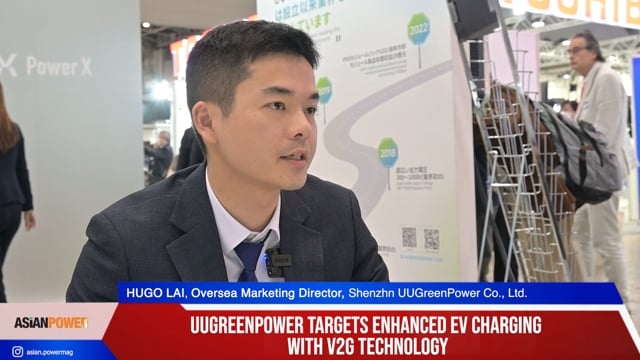
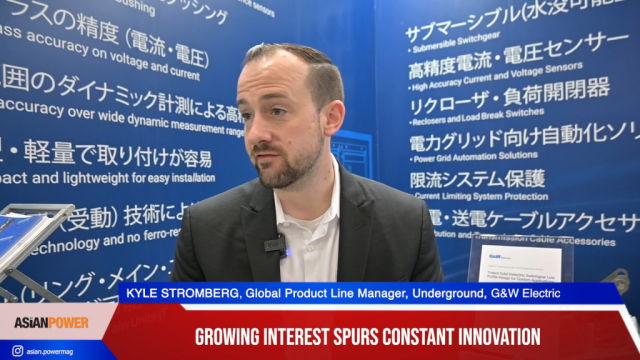
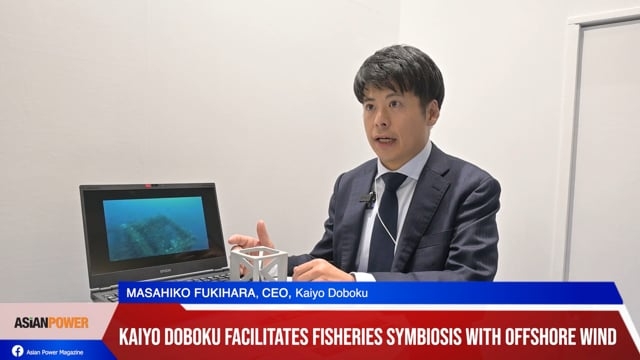
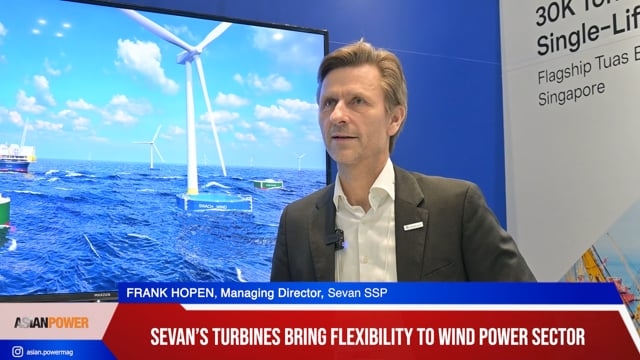

 Advertise
Advertise
